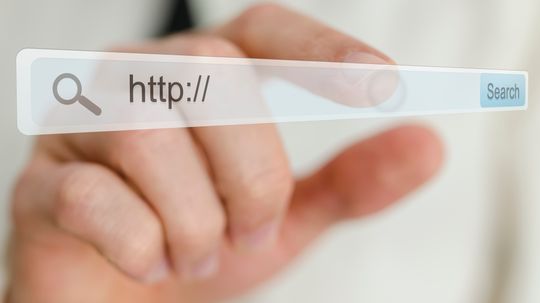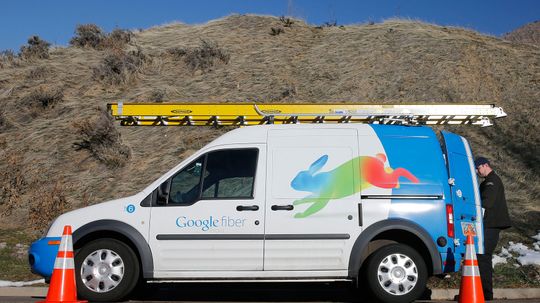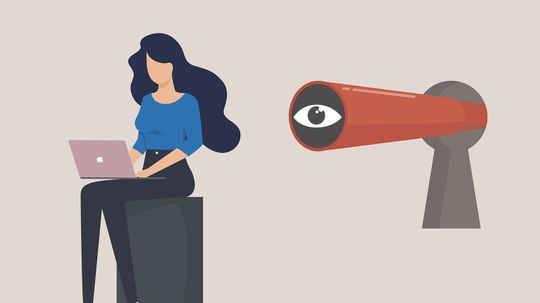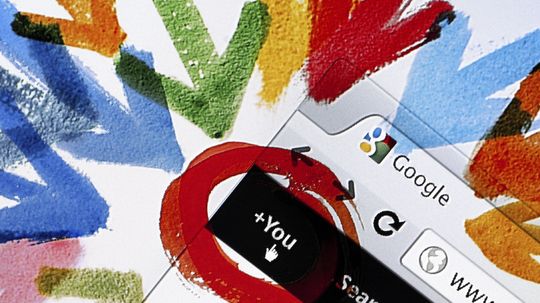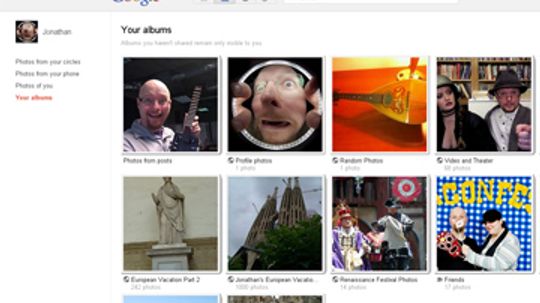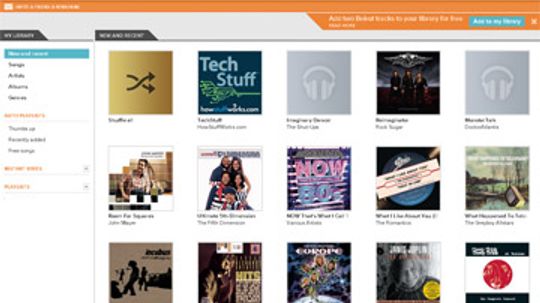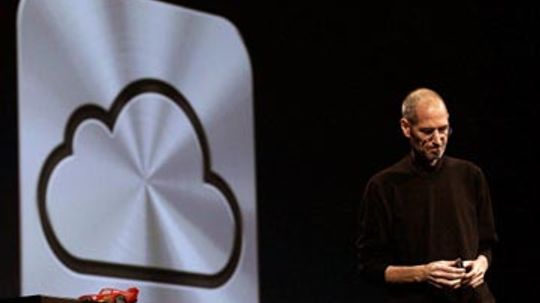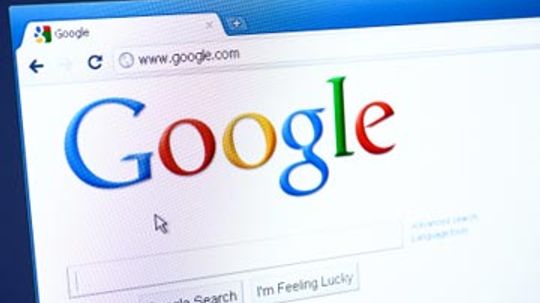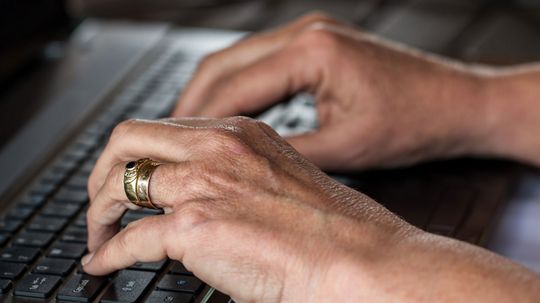Internet Technology
We look to the Internet for news, socializing, shopping, research and more. From HTML code to instant messaging, we'll break down what's really going on whenever you log on, send an e-mail, visit a popular Web site or post to a blog.
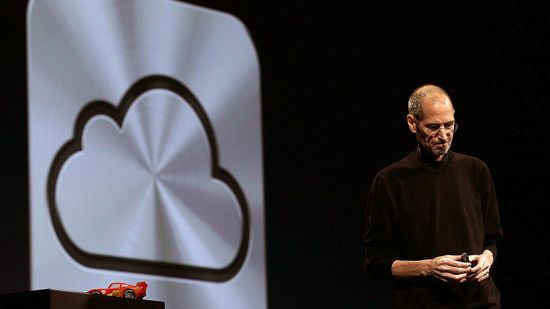
The Truth About Cloud Storage and Its Future

5 Ways to Keep Your Information Secure in the Cloud

Are my files really safe if I store them in the cloud?

Can the Internet Break From Overuse?
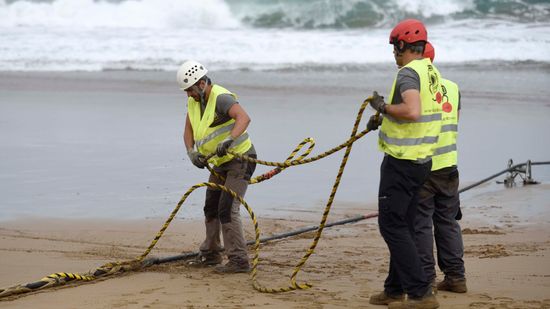
Could an Attack on Undersea Cables Take Down the Internet?

Constellations of Internet Satellites Will Beam Broadband Everywhere
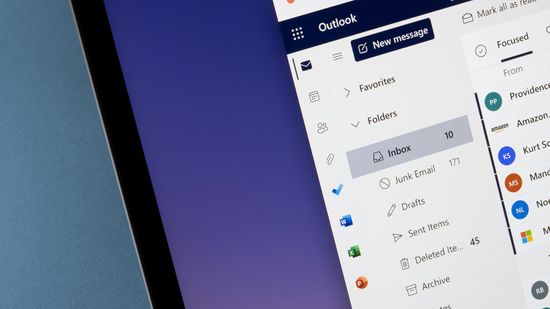
How to Recall an Email in Outlook or Gmail

What Does CC Mean in Email?

How to End an E-Mail: 21 Professional and Personal Sign-Offs

How Do Search Engines Work? All About Ranking and Bidding
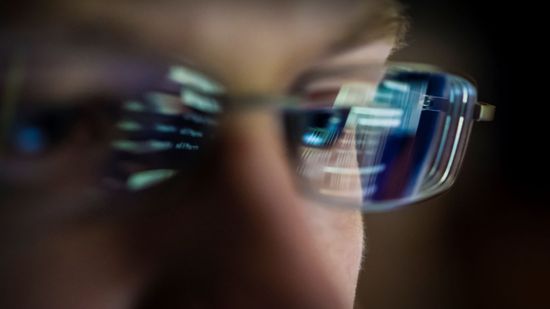
How to Access the Dark Web

How to Change the Language in Google Chrome

Looking for a Search Engine That Donates to Charity? Here Are 10
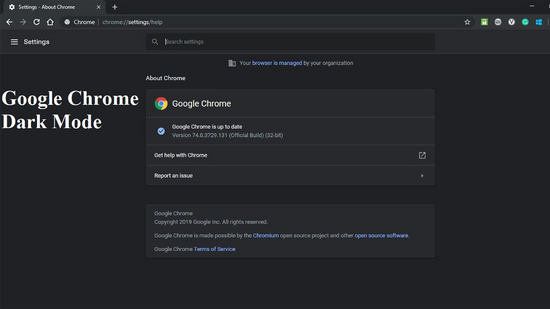
How to Enable Google Chrome Dark Mode on All Your Devices

How Websites Use 'Dark Patterns' to Trick You Online
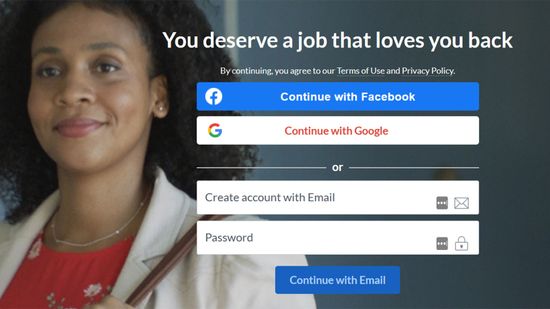
Should You Use Facebook or Google to Log In to Other Sites?
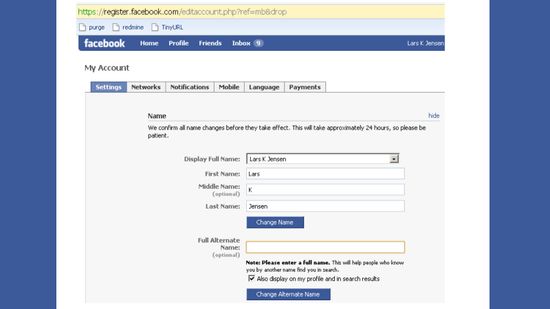
How to Change Your Name on Facebook

How to Deactivate Facebook
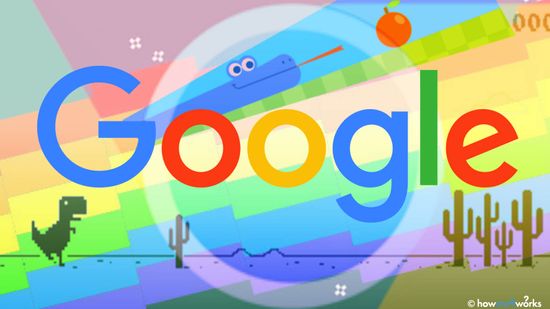
Google Easter Eggs: Sweet Treats Hidden in Plain Sight
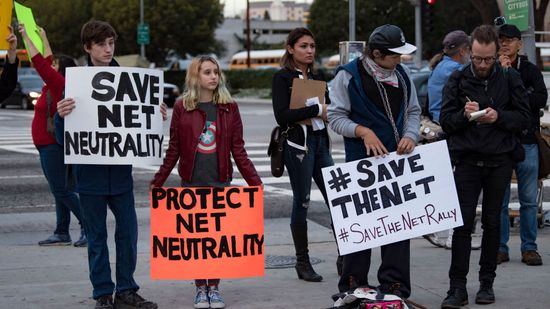
10 Reasons Why You Should Care About Net Neutrality

WiFi Extender vs. Booster: What's the Best Choice for You?

Does Weather Mess With Your Internet Connection?

Why Does My WiFi Keep Disconnecting? 6 Easy Fixes
Learn More / Page 3
Here's something you've probably never pondered while surfing the internet: Web addresses are in English. Why is that? And how do non-English speakers navigate the web?
By Beth Brindle
Our digital world has given us a ton of new words and phrases to learn. Get ready to learn yet another one - deep linking. What does it mean? Let's just say it can help keep things connected.
By Beth Brindle
Perhaps your friends have posted that Facebook copyright message. Or you've gotten a forward-or-bad-things-will-happen chain email. Technology hasn't killed folklore - it's just created a space where it's shared more quickly.
Advertisement
Google's broadband Internet and TV service is often spoken of with near-reverence for its ultra-fast speeds. Why is it so much faster than other options?
A connected world stretching from your blender to your thermostat to the satellites overhead? It seemed like a good idea at the time.
Internet sensations like LOLcat and the Harlem Shake didn't happen overnight. OK, maybe they did. But what did these phenomena have in common (besides inanity)? Are there any rules for making pictures, videos or blogs go viral?
By Chris Opfer
About 40 percent of the world's population uses the Web for news, entertainment and communication, but in truth, only a sliver of what we know as the World Wide Web is easily accessible.
Advertisement
Since the advent of the Internet, we've been producing data in staggering amounts. Who's collecting it, and should we be worried?
If you use the internet for any length of time, there's probably lots of information floating around out there about you. How do you find it, and can you delete it?
The dot-com bubble produced plenty of companies that spent and grew too quickly and couldn't sustain themselves, but some burned out in spectacular style. Here are 10 tech companies that lived fast and died young.
How many e-mails do you send and receive on any given day? Could you imagine if you were taxed for all that digital communication?
Advertisement
Millions of mobile devices, computers and data centers make up the Internet. Machines join and drop off every second, and each requires electricity. Is it possible to measure how much juice the Internet uses?
Most people think of Google as a giant juggernaut of Internet success. But even the company behind the world's most popular search engine has had its share of blunders.
In early 2012, Facebook rolled out its new Timeline, which replaced the personal wall format that users had been accustomed to. Some love it, some hate it -- but what's the logic behind the change?
Google has tried to launch social-based products before with limited success. Could Google Plus break the trend and become the next big social network?
Advertisement
Google is pushing people to abandon the trend of buying fast personal computers in favor of cloud services. What exactly is the Google Cloud, and how could it change computing?
Thanks to music clouds, you can access enormous libraries of music virtually anywhere you can get Internet access. How do they operate, and what are their limitations?
Cloud computing has opened a whole new world of storage and Web interaction options for users, but is it the best way to protect your computer?
Apple's entry into the cloud storage market synchronizes all of your devices - as long as they're made by Apple. How does iCloud stack up to its competitors?
Advertisement
Buzz phrases often distort the meanings of the words they contain, and sayings related to technology are no exception. We break down two common phrases to see if their meanings are synonymous.
Cloud storage is quickly becoming the standard for our online data. What are the risks of moving your files to cloud servers?
As we store more and more of our data on cloud servers, are we leaving ourselves unprotected? Learn how to minimize your risk and keep your information secure.
Search engine spiders have different tasks. Learn about search engine spiders in this article.
Advertisement
If your fingers ache from trying to type text messages on your smartphone, you'll be happy to learn how to text from computer. There are many benefits, and it's easier than you think!
You want to set up Wi-Fi on your laptop, but you're not sure how to do it. We break down the steps required to set up a wireless router and connect to a Wi-Fi network on Windows PCs and laptops.
By Talon Homer
